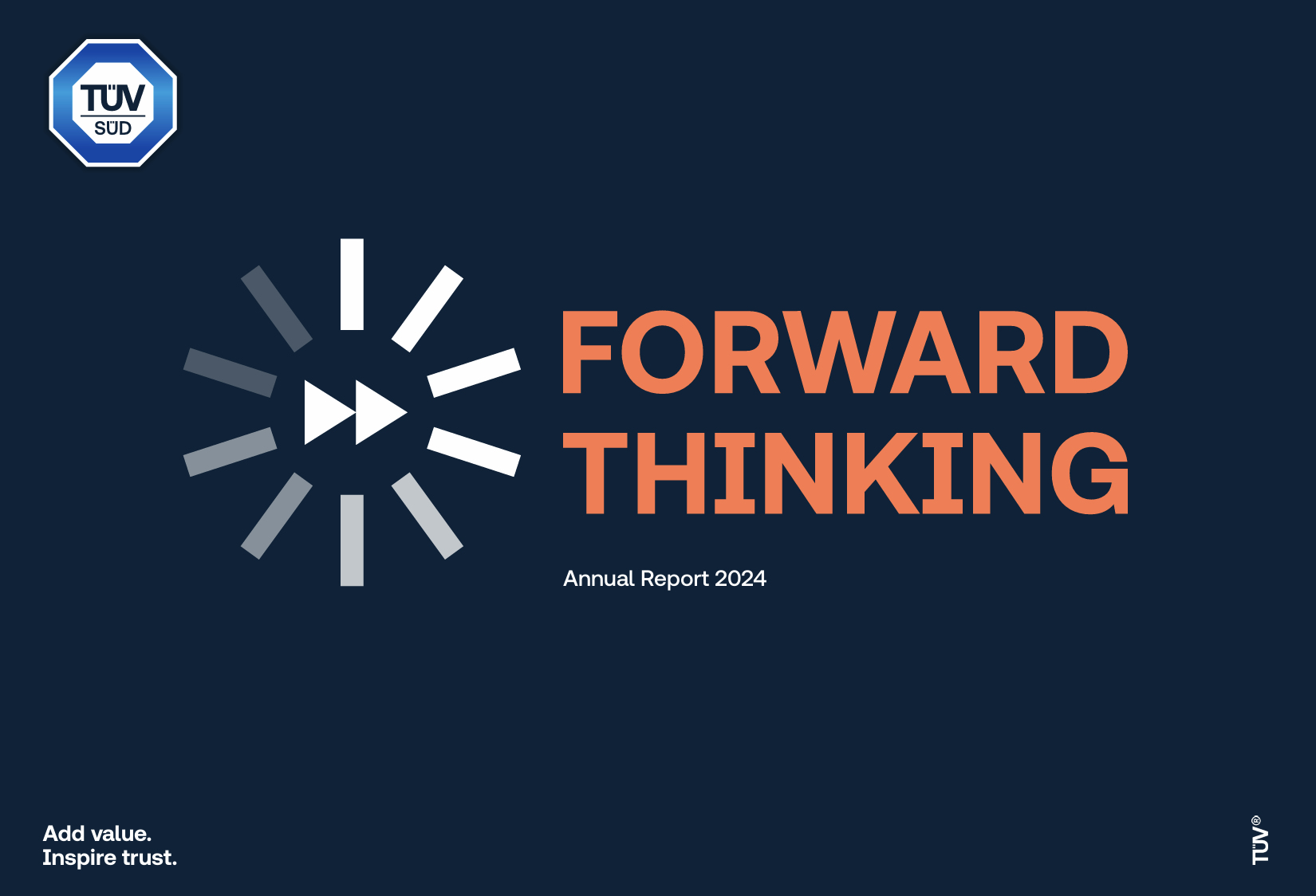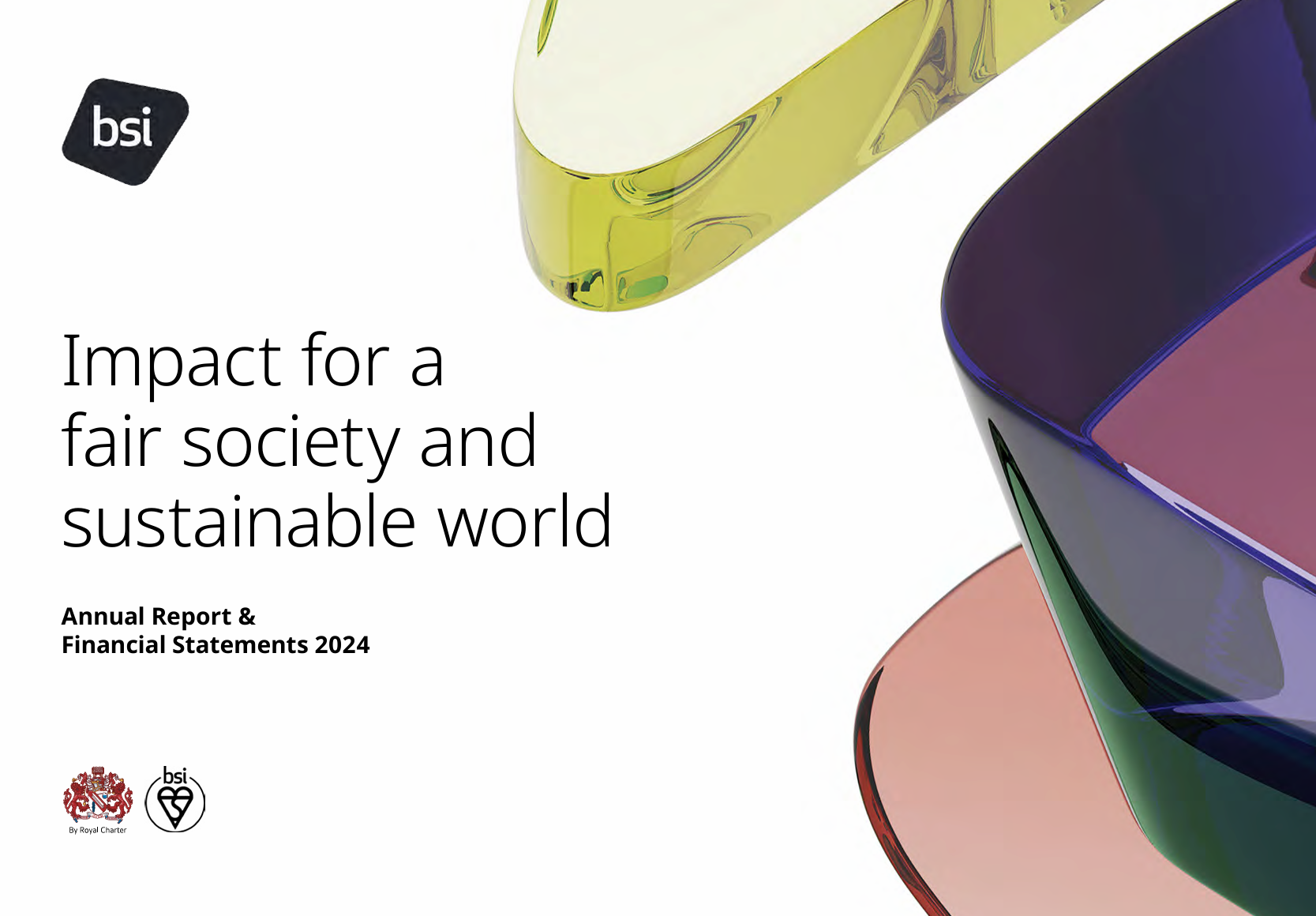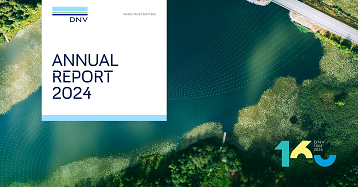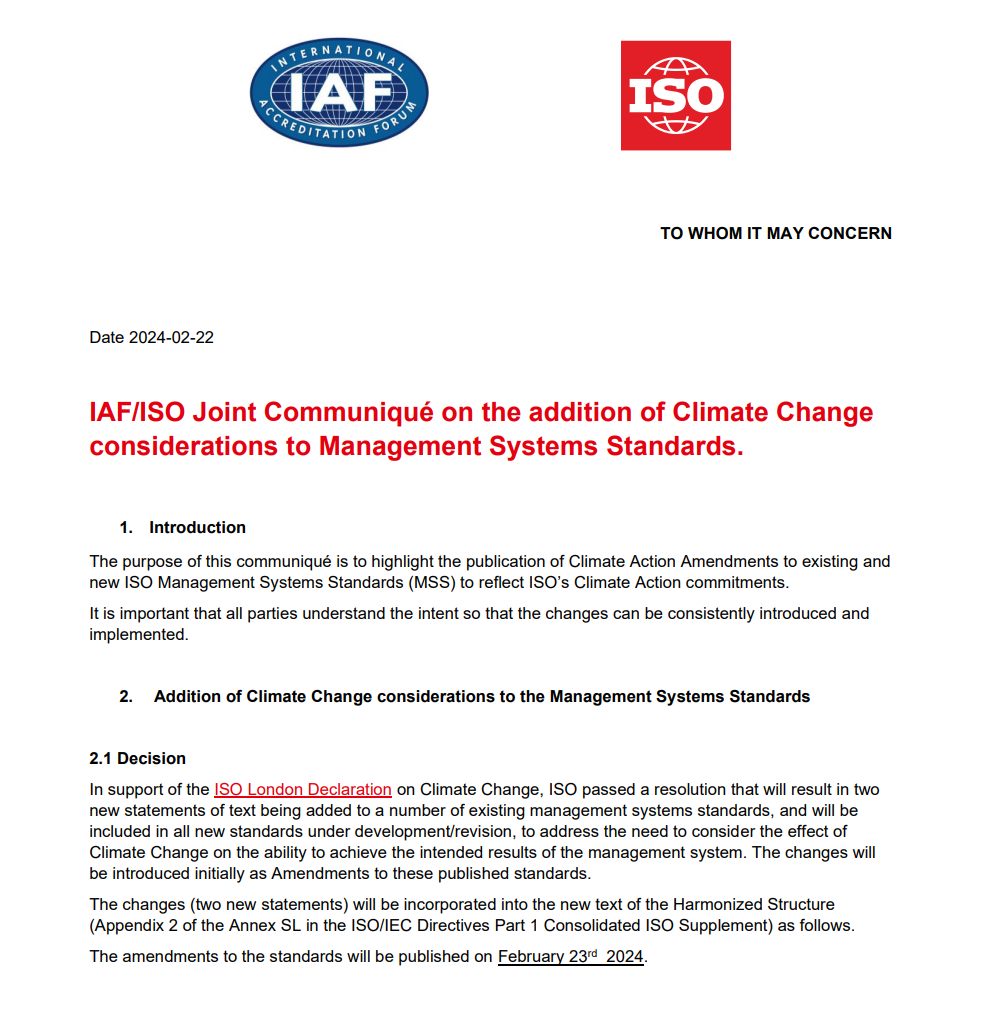Climate Change – ISO Amendments to management system standards
February 23, 2024
ISO and IAF have released a joint communiqué following the publication of Amendments to ISO’s Annex SL.
These Amendments relate to Climate Change and will impact ISO’s management system standards. (The communiqué lists the standards amended). Vitally, the communiqué states the intent of these Amendments which are, ‘to ensure that Climate Change issues are considered by the organization in the context of the effectiveness of the management system, in addition to all other issues. These additional statements in each management system standard are ensuring that this important topic is not overlooked but considered by all organizations in the design and implementation of the management system.’
The full communiqué can be read here Joint_ISO-IAF_Communique_re_Climate_Change_Amds_to_ISO_MSS_Feb_2024_Final.
In addition, IAF have published the following information focusing on the impact of these Amendments and the expectations on those impacted by the publication of the Amendments: organisations certified to these management system standards; the certification bodies auditing them and the accreditation bodies overseeing the certification bodies.
‘Introduction
IAF and ISO have published a joint communiqué, highlighting the changes being made to a number of Management Systems standards, in the form of additional text highlighting the importance of Climate Change as a consideration within the organisational context for the management system concerned. As the joint communiqué explains, the changes were instigated in response to the London Declaration on Climate Action.
The purpose of this IAF communication, answering to the IAF Technical Committee Paper raised in Montreal 2023, is to clarify the expectations for management systems Certified Organisations, Certification Bodies and Accreditation Bodies, noting that, as stated in the joint communiqué:
“The overall intent of the requirements for clauses 4.1 and 4.2 remain unchanged; these clauses already include the need for the organization to consider all internal and external issues that can impact the effectiveness of their management system; these new inclusions are assuring that Climate Change is considered within the management system and that it is an external factor that is important enough for our community to require organizations to consider it now.”
Because of the above statement noting that the overall intent of the requirements remains unchanged, and with this change being treated as a clarification rather than a new requirement, it is considered that a full transition programme is not needed in this case, however, the guidance below should be considered.
Expectations on Certified Organisations
Certified organisations should ensure that they have considered Climate Change aspects and risks within the development, maintenance, and effectiveness of their own management system(s).
Climate Change, along with other issues, should be determined as relevant or not and if so, considered within an evaluation of risk, within the scope of the management systems standards. Where an organisation operates more than one management system (for example Quality Management and Health and Safety Management), it should ensure that Climate Change, if determined to be relevant, is considered within the scope of each management system standard.
It is noted that some climate change aspects and risks may be of a general nature, independent of the applicable management system scope or the industry (e.g. when related to regulatory compliance or operational adaptability and organizational resilience), while others will be specifically indexed to the requirements of the management system standards, to specific industries (e.g. energy production, agriculture and fisheries) and to characteristics of the organization (e.g. geographical location, nature of its supply-chain or workforce dynamics).
Expectations on Certification Bodies
Certification Bodies should already be ensuring that all internal and external issues have been determined by the organization as relevant or not and if so, considered in the development and effectiveness of the management system(s), as required by clauses 4.1 and 4.2.
With the new additions on Climate Change, Certification Bodies are expected to ensure that Climate Change has been considered and if determined to be a relevant issue for its management system, included in any objectives and mitigation activities by the organization, as required. If it was considered not to be a relevant issue by the organization for its management system, the CB is expected to ensure the effectiveness of the organization’s process to make this determination and implementing related actions, when applicable.
Expectations on Accreditation Bodies
Accreditation Bodies should be, as part of the ongoing accreditation cycle, ensuring that Certification Bodies are confirming that their management systems certified clients have considered Climate Change aspects along with other aspects of clause 4.1 and 4.2.
Timing
The Amendments are published by ISO on 23 February 2024. As noted above, issues related to Climate Change affecting the context of an organisation’s management system(s) are typically already being considered by organizations.
Therefore, upon publication, certification bodies should include the new text in their auditing of the organisation and its context. As with normal practice, where a certified organisation cannot demonstrate that all external and internal issues that have been determined as relevant, including Climate Change, have been considered, a suitable finding should be raised.
The MS standards will go through the ISO amendment process, however a revised certificate should not need to be issued, considering that:
- The publication year of each MS standard will not change.
- There is no change in the scope of application for the certified MS.
- There is no significant impact on the effectiveness of the certified MS.
- The method and actions that certified organizations will eventually enter into, due to the new requirement, will resemble methods and actions they would apply in the case of future changes in any other contextual issue they already address within the scope of the MS.’
The above information has been published in the IAF Technical Committee’s Decision Log IAF-TC-Decision-Log
Related news
Carousel items
-
 Thursday May 22, 2025
Thursday May 22, 2025Intertek trading statement January-April 2025
-
 Thursday May 8, 2025
Thursday May 8, 2025TÜV SÜD publishes its 2024 Annual Report
-
 Thursday April 24, 2025
Thursday April 24, 2025SGS reports Q1 2025 results
-
Thursday April 24, 2025
Bureau Veritas Q1 2025 results
-
 Wednesday April 23, 2025
Wednesday April 23, 2025BSI 2024 full year results
-
 Wednesday April 23, 2025
Wednesday April 23, 2025DEKRA 2024 full year results
-
 Thursday March 27, 2025
Thursday March 27, 2025DNV 2024 full year results
-
 Monday March 24, 2025
Monday March 24, 2025Intertek 2024 full year results
